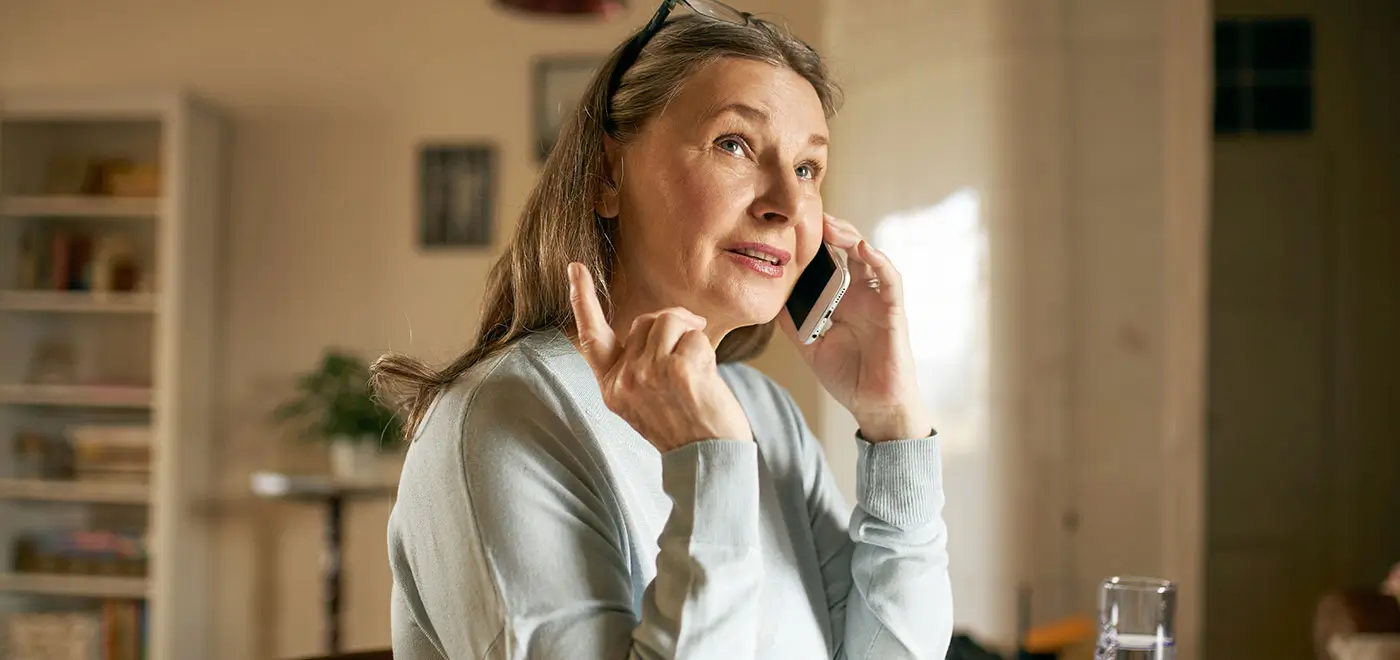Asking for Help as a Caregiver: Building a Support Network
Asking for Help as a Caregiver: Building a Support Network

Why Asking for Help is Vital for Caregivers
Caregiving is a challenging journey, filled with both emotional and physical demands. Asking for help as a caregiver can feel daunting. However, building a strong caregiving support network is crucial to navigating emergencies and maintaining well-being.
Seeking help not only lightens the load but fosters meaningful connections that ensure reliable support during critical moments.
A Caregiver’s Journey: Steven’s Story
My husband, Steven, has multiple sclerosis, a condition that has gradually taken away his ability to walk. At just 5’8” and 135 lbs., he is unable to manage on his own when his legs give out. These moments often occur during transitions, such as moving from the toilet to his wheelchair. In our small, non-ADA-compliant bathroom, these situations are especially challenging.
On several occasions, I’ve relied on our neighbor Allen, a tall and strong man who lives across the street. Whether Steven has slipped onto the cold tile floor or needs assistance during a feverish episode, Allen has always come to the rescue. At just 5’1” and 109 lbs., I simply don’t have the strength to lift Steven on my own.
Caregivers like me often need a reliable neighbor or helper to step in during such emergencies.
The Importance of Reliable Neighbors in Caregiving
Allen has been my “white knight,” always ready to help at a moment’s notice. With his busy travel schedule, it amazes me how often he is available. In instances where Allen isn’t home, our next-door neighbor Tony steps in. Tony may not be as tall as Allen, but his strength and willingness to assist are invaluable.
When Steven’s fever spiked to 102 degrees one morning, I called Tony at 6:30 AM. Without hesitation, he helped me get Steven into his wheelchair so we could rush to the hospital. His quick action and genuine concern highlighted the importance of having dependable neighbors in caregiving emergencies.
Building a Caregiving Support Network
Creating a strong caregiver support system doesn’t happen by chance; it requires proactive effort. Here are some steps to ask for help as a caregiver and establish a reliable network:
- Identify Potential Helpers: Reach out to neighbors, friends, or community members who may be willing to assist during emergencies.
- Communicate Needs Clearly: Share your story and explain specific tasks where you might need help.
- Establish Contact Points: Ensure you have updated contact information for each person in your network.
- Utilize Local Services: Don’t hesitate to call emergency services, like the fire department, when in need. Many are more than willing to assist caregivers.
By investing time in building a caregiving support network, you ensure there’s always someone to rely on when unexpected challenges arise.
Overcoming the Fear of Asking for Help
Pride and fear can make asking for help as a caregiver feel like admitting failure. However, embracing vulnerability is essential. Sharing your struggles allows others to understand your needs and opens the door for emotional support.
It’s important to remember that people often want to help but don’t know how. Be specific in your requests and express heartfelt gratitude after receiving assistance. Letting others into your life creates a sense of shared purpose and helps alleviate the loneliness that many caregivers face.
Building a caregiving support network not only strengthens your ability to care for a loved one but also provides you with the emotional strength to continue your journey. Whether it’s a reliable neighbor, a close friend, or even emergency services, finding your “Allen” or “Tony” can make all the difference.



